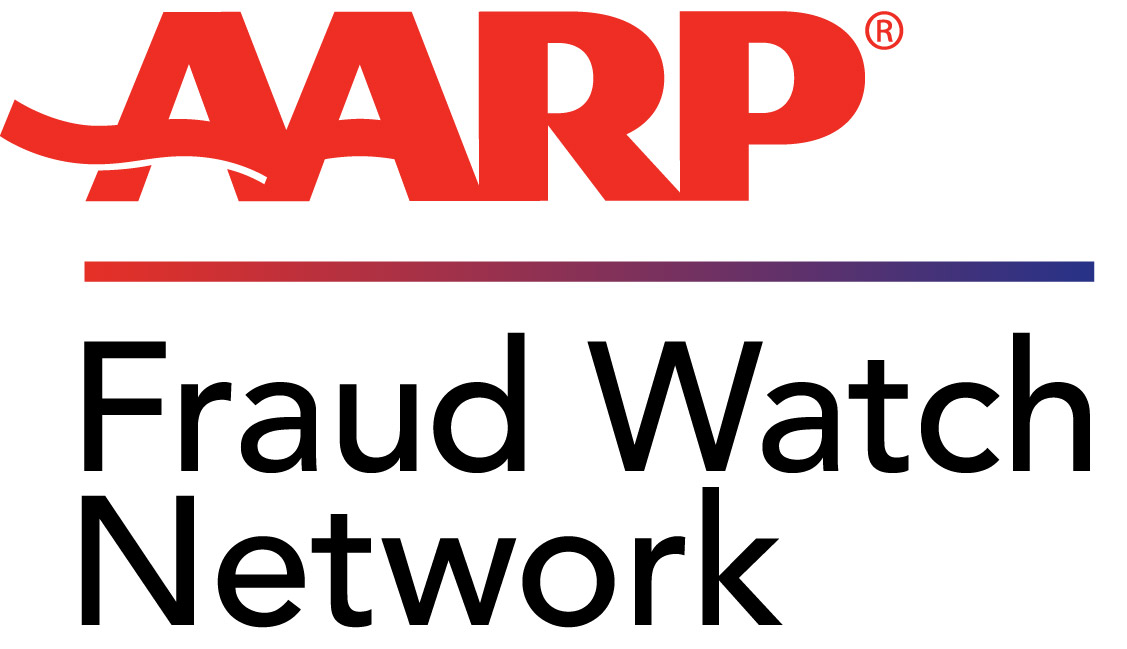AARP Hearing Center

En Español
Medicare Fraud 101

According to Government estimates, Medicare lost $52 billion to fraud, abuse and improper billing in FY2017. Medicare fraud typically involves rogue health care providers or medical suppliers who bill the program for services, equipment or medication that they don’t actually provide, or else inflate the cost of those items. Some will even falsify patients’ diagnoses to justify unnecessary tests, surgeries and other procedures or write prescriptions for patients they’ve never examined. Others use genuine patient information, sometimes obtained through identity theft, to create fake claims.
One of the most effective ways to combat against Medicare fraud is to review your Medicare statements and make sure the dates and services listed are correct. If something doesn’t look right, call your medical provider’s office.
Do Me a Favor Scam

We all want to please our bosses, especially when they need help. This fact is not lost of some scammers who have started sending fake boss messages asking employees for a favor. Several reports have emerged this summer of employees getting texts or emails from their “boss” asking them to purchase gift cards and send the account numbers. The supposed boss might be travelling or claim they are too busy to take care of the task. But once the gift cards are purchased and the information sent, the money is gone.
Because scammers are so good at spoofing email addresses and phone numbers, you don’t always know when your boss really is your boss. However, whenever you are asked to purchase a gift card and give out the card information by phone or email, it is most likely a scam.
College Scholarship Scam

It’s back to school season and for many parents and grandparents of college students, and that may mean looking for ways to help pay for school. Please beware of scholarship, financial aid and government grant scams. Fraudsters guarantee to award a scholarship as long as you pay an upfront processing fee for their services, but then you never
see any scholarship money. To apply for true federal student aid, use the FAFSA, the official online form which is free to submit. Save your money and put it towards education instead.
Free Medicare Device Scam

One tell-tale sign that should make every consumer suspicious is when something is offered “for free.” These free offer scams are often associated with Medicare. The program spends around $6 billion a year on medical devices, and a market this big draws scammers. In a medical equipment scam, someone reaches out with an offer of a “free” brace, wheelchair or other device. All they need is your Medicare number. Once they have it, scammers can use it to bill the government for devices and services that aren’t needed.
Medicare fraud results in higher deductibles and copays for Medicare beneficiaries, and can even put affected patients
at risk. Be suspicious of unsolicited free offers and never give out your Medicare number to anyone who isn’t a trusted health care provider.
Be a fraud fighter! If you can spot a scam, you can stop a scam.
Visit the AARP Fraud Watch Network at www.aarp.org/fraudwatchnetwork or call the AARP Fraud Watch Network Helpline at 1-877-908-3360 to report a scam or get help if you’ve fallen victim.































































